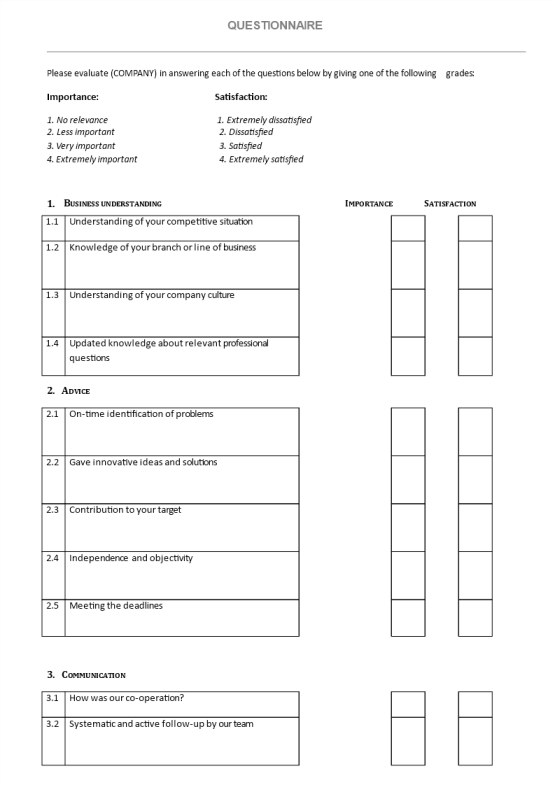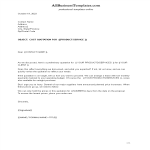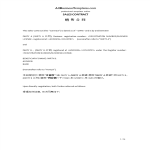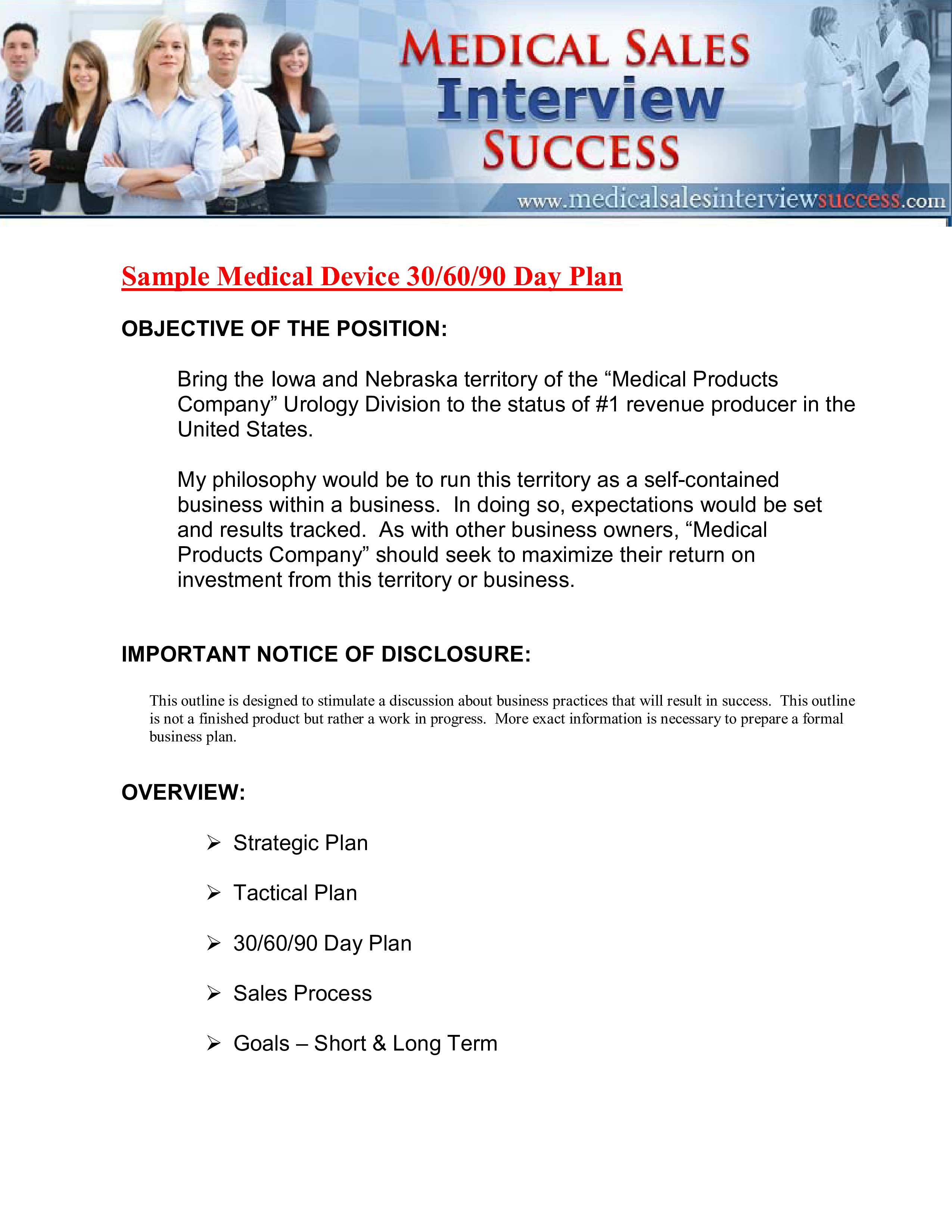Medical Device Sales Plan Format
Save, fill-In The Blanks, Print, Done!

Download Medical Device Sales Plan Format
Adobe Acrobat (.pdf)- This Document Has Been Certified by a Professional
- 100% customizable
- This is a digital download (189 kB)
- Language: English
- We recommend downloading this file onto your computer.
Do you need an easy-to-edit template for your Medical Device Sales Plan? What should I do to prepare for selling medical devices? Our sample template is fully customizable and can be easily edited to fit your specific business needs. It includes sections on sales goals, strategies, targets, and more. Plus, it's easy to use, making it the perfect tool for creating an effective medical device sales plan. Download this Medical Device Sales Plan Format template now to increase your efficiency.
In order to rapidly manifest your needs, you need to get your actions and targets clear on paper exactly as it is how you want them. Our template will help you structure your thoughts on every detail in a professional way!
This Sales Plan template will help you reach the next level of success in your work and business. It includes the following chapters:
A medical device sales plan format is a structured document that outlines the strategies, goals, and tactics for selling medical devices to healthcare professionals, facilities, or organizations. It serves as a roadmap for medical device sales representatives or teams to achieve their sales targets and objectives. The specific format may vary depending on the company's needs and preferences.
Here is a general outline of the key components typically included in a medical device sales plan:
- Executive Summary:
- Briefly introduce the medical device sales plan.
- Summarize the key goals and objectives.
- Market Analysis:
- Provide an overview of the healthcare market, including the size, growth trends, and key players.
- Identify target customer segments (e.g., hospitals, clinics, physicians).
- Analyze the competitive landscape, including competitors' products and market share.
- Product Description:
- Describe the medical device(s) you are selling.
- Highlight key features, benefits, and unique selling points.
- Include any necessary regulatory information or certifications.
- Sales Objectives:
- Specify the sales targets, such as revenue goals, market share, or unit sales.
- Define the time frame for achieving these objectives (e.g., quarterly, or annually).
- Target Customer Profile:
- Create detailed buyer personas for your ideal customers.
- Outline their pain points, needs, and challenges that your product can address.
- Sales Strategies:
- Define your overall sales approach (e.g., direct sales, distributor partnerships).
- Describe pricing strategies, discounts, or promotions.
- Outline the sales team's roles and responsibilities.
- Sales Tactics:
- Break down the specific activities and tactics that sales representatives will undertake to reach their targets.
- Include details about prospecting, lead generation, sales presentations, and closing techniques.
- Sales Forecast:
- Provide a detailed sales forecast that outlines projected sales by month or quarter.
- Consider factors like seasonality, market trends, and potential challenges.
- Marketing Support:
- Detail the marketing materials and tools available to support the sales team, such as brochures, presentations, and digital assets.
- Explain how marketing and sales efforts will be aligned.
- Training and Development:
- Describe the training programs or resources available to enhance the skills and knowledge of the sales team.
- Include any product training, industry knowledge, or compliance training.
- Sales Metrics and KPIs:
- Identify the key performance indicators (KPIs) and metrics that will be used to measure sales success (e.g., conversion rates, sales revenue, customer acquisition cost).
- Budget and Resources:
- Outline the budget allocated for sales activities, including expenses for travel, marketing materials, and personnel.
- Specify any additional resources required to support the sales plan.
- Timeline and Milestones:
- Create a timeline that shows when specific sales activities and milestones are expected to occur.
- Use this to track progress and ensure alignment with objectives.
- Risk Assessment and Contingencies:
- Identify potential challenges or risks that may affect the sales plan.
- Develop contingency plans or strategies for mitigating these risks.
- Conclusion and Summary:
- Recap the key points of the sales plan.
- Emphasize the expected outcomes and benefits of successful execution.
- Appendices:
- Include any supplementary information, data, or documentation that supports the sales plan, such as market research reports, product specifications, or customer testimonials.
Keep in mind that the specific format and content of a medical device sales plan can vary widely depending on the organization's goals, the complexity of the product, and the target market. It should be a dynamic document that can be adjusted as market conditions change and new opportunities arise.
In order to rapidly manifest your needs, you need to get your actions and targets clear on paper exactly as it is how you want them. Our template will help you structure your thoughts on every detail in a professional way!
This Sales Plan template will help you reach the next level of success in your work and business. It includes the following chapters:
- Strategic Sales Plan
- Sales Tactical Plan
- Sales 30/60/90 Day Plan
- Sales Process
- Sales Goals – Short & Long Term
Try out our online Free and Premium business templates, forms, and contracts today. Save, fill in the blanks, print …and done!
DISCLAIMER
Nothing on this site shall be considered legal advice and no attorney-client relationship is established.
Leave a Reply. If you have any questions or remarks, feel free to post them below.
How To Make Sales Targets For The Coming Year?
Improve your Company Sales Effectiveness and Check out our Sales Target Templates for Excel and Word now!
Read moreRelated templates
Latest templates
Latest topics
- Excel Templates
Where do I find templates for Excel? How do I create a template in Excel? Check these editable and printable Excel Templates and download them directly! - GDPR Compliance Templates
What do you need to become GDPR compliant? Are you looking for useful GDPR document templates to make you compliant? All these compliance documents will be available to download instantly... - Google Docs Templates
How to create documents in Google Docs? We provide Google Docs compatible template and these are the reasons why it's useful to work with Google Docs... - IT Security Standards Kit
What are IT Security Standards? Check out our collection of this newly updated IT Security Kit Standard templates, including policies, controls, processes, checklists, procedures and other documents. - Letter Format
How to format a letter? Here is a brief overview of common letter formats and templates in USA and UK and get inspirited immediately!
cheese




